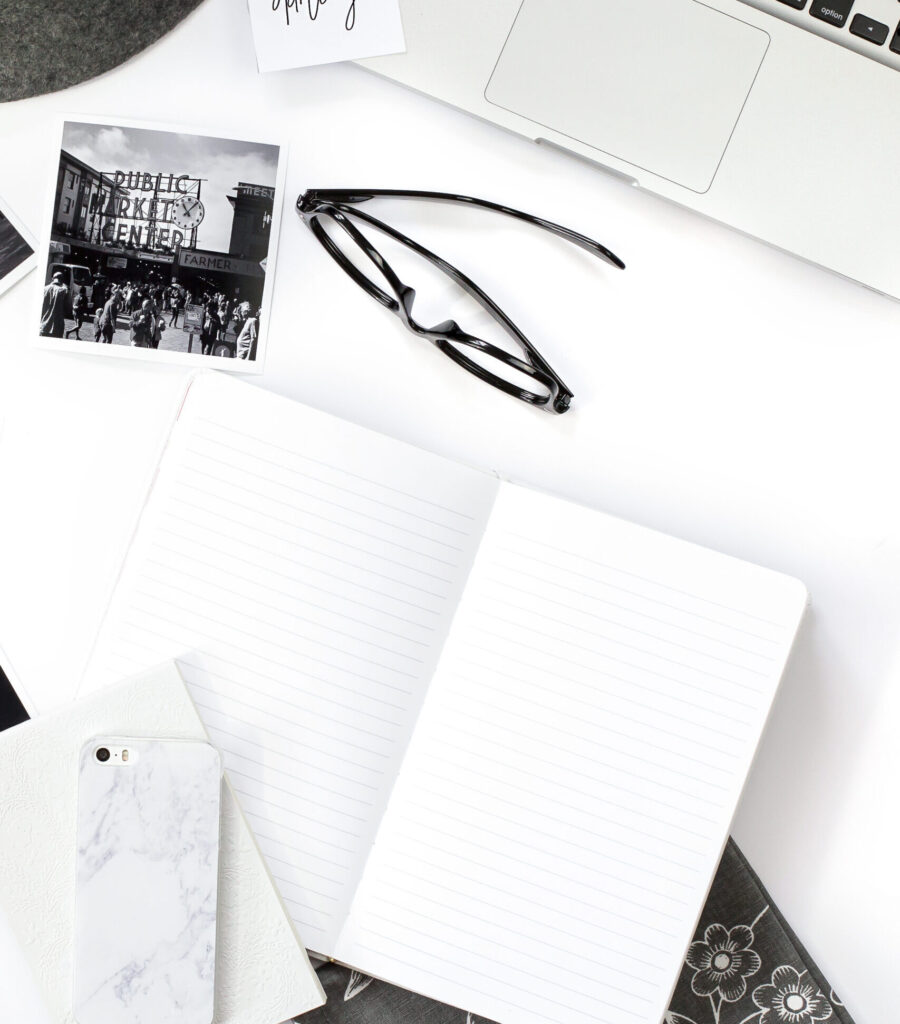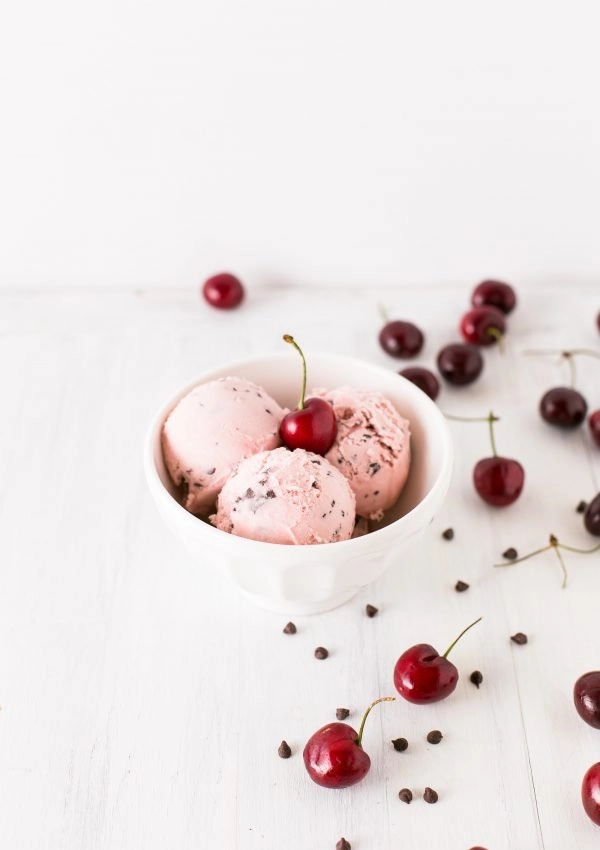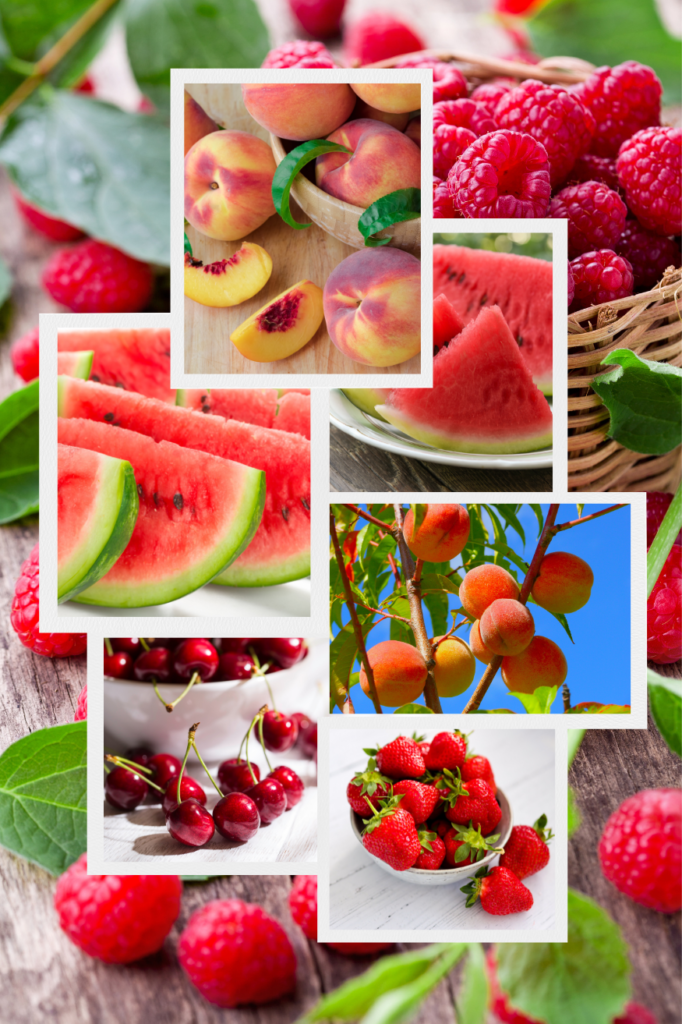Months after his birth, our Son was diagnosed with food allergies and intolerances, eczema, and asthma.
Medical staff in Paediatric A&E confirmed this for us one morning when he woke up with a horrendous rash all over his tiny face and body and had to attend hospital.
He’d had a severe allergic reaction to the milk we’d been feeding him in his first 5-months of life.
an early diagnosis
At 5-months old, we learned he had allergies and intolerances to Cow’s milk, nuts, egg, fish, and soy. His eczema diagnosis happened then too, but asthma came later when he was about 1.5-years-old.
Just as my husband and I had diligently monitored and controlled my gestational diabetes during pregnancy (blog #5), we found ourselves in a similar situation with our Son. Except this time, it was our Son’s life and health at risk, if we fail to manage these conditions properly.
The consultant and dietician nurse were great, but we went home with numerous factsheets, prescription for a Cow’s milk substitute formula, wraps and creams for eczema, plus EpiPens for his worse allergies.
Great NHS support that we can’t fault. However, the situation was very upsetting, overwhelming, and troubling for us as new parents.

how to manage baby & toddler food allergies, eczema, asthma & our personal well-being?
Benefits of a baby & toddler’s care schedule
During this time, I managed my Son’s routine and diet in an Excel spreadsheet I’d created when he was just days old. My husband and friends thought it was overkill, but it allowed me to manage my Son’s routine and health issues effectively while keeping my own mental and emotional well-being in check.
Using this schedule, I mapped his entire routine from morning to evening and right through the night.
It helped immensely with his introduction to solid foods too, because at 6-months, just a month after his diagnosis, we started giving solids.
So, having everything recorded helped us plan his care effectively.
It helped us plan his meals, shop efficiently, batch cook and report back to the doctors and nurses accurately when needed and at regular health appointments.

From diagnosis at about 5-months, his EpiPens went where-ever we went and from 1.5 years old, after an asthma diagnosis, his inhaler is always with us too.
His nursery keeps two EpiPens and an inhaler on-site alongside eczema cream and (expensive) sun cream!
Nursery also care well for his food allergies, ensuring he’s well-nourished and gets the essential vitamins needed to make up for the foods he can’t have.
Having their support like this not only helps our Son, it does wonders for my physical, mental, and emotional well-being because I know we have trusted and attentive caring professionals working with us to nurture our Son, while giving us peace of mind.
Apart from this set-back, which some regard as a blessing in disguise because our Son loves vegetables and fruits, he’s a healthy, happy and very active and chatty little boy!

RECOMMENDATIONS, TIPS & ADVICE
- Take your little one straight to A&E if you’re worried about a reaction they’ve had or are having and suspect it could be a food allergy. It is best to get it seen to and dealt with by the professionals. It may be nothing that some baby antihistamine can’t sort out, but if the child you’re caring for is as tiny as our Son was when he had his first severe reaction, seek medical care ASAP.
- If your child is diagnosed with allergies, don’t be disheartened. Science is advanced now, and you are in safe hands with paediatric consultants and dietician teams. Create a list of all the substitute products recommended for your shopping list, use them without fail, and before you know it, your little one will most likely have grown out of some, if not all, allergies. Our Son was diagnosed with five allergies at five months old. By his first review a year later, he’d grown out of two – soy and fish, which he now eats and enjoys. He is particularly fond of edamame beans and smoked salmon! We still carry two EpiPens for his nut allergy and keep two at nursery. Never compromise on this.
- Prescriptions for young people under the NHS are great. The first time we got our Son’s substitute Cow’s milk, we paid for it. At £30 a tin, not cheap is an understatement! Luckily for us, we could keep our Son on that formula, under the NHS, for two years, and he’s been excellent on it – no allergic reaction whatsoever. He’s since grown into a strong and resilient little boy.
- The same applies with health conditions like eczema and asthma. Under the NHS, we’ve received quick diagnosis, support, and ongoing assistance with the necessary medication. Our Son was diagnosed with eczema when he got his food allergies diagnosis at five months old. Asthma came later, when our Son aged two and a bit. Nursery called one morning when his breathing was laboured, and he wouldn’t stop coughing. Paediatric A&E used a space inhaler to ease the asthma and liquid steroid for a chest infection. Since then, our Son keeps an inhaler at home and nursery and uses it when his asthma is triggered, usually during pollen season.
- Create and use a baby schedule and calendar app on your phone (reference previous blogs) to keep track of your new-born’s routine, diet and food intake for managing their allergies and intolerances. As well as helping your child, this schedule will help you stay organised for your other responsibilities and create time for self-care. For example, my Son’s schedule showed his awake windows, when naps were due and which days and times my husband would be around so I could squeeze in a trip to the nail salon, hairdressers, or hot yoga class. His food diary also helped us meal-plan as a family. Eating together has meant we eat well with a diet consisting of fruit and veg, meat or fish, rice, pasta, potato, bread or cous cous, beans and lentil.
- Use maternity leave to indulge in self-care when and where possible.
what self-care activities are good for maternity leave?
- Registering for Freddie’s Flowers
- Signing up for a Hot yoga bundle
- Going for long walks
- Trialling Stitch Fix
- Short family staycations in Bath, Padstow, Bristol, Harrogate and Sandbanks
- Online retain therapy, of course! My go-to’s included Hush, COS, Next, Cupshe and FatFace
bEST BUYS FOR BABY & TODDLER ALLERGIES, ECZEMA & ASTHMA AND MAKING PARENTHOOD A BREEZE!
Disclaimer: This section and description contains affiliate links, which means that if you click on one of the product links, I’ll receive a small commission. This helps support the channel and allows it to continue with posts like this. Thank you for the support! Everything here is based on information I learned from online resources and personal experience. Please do your own research before making any important decisions in order to make the best decision for you. This section and this post are kept updated so please do keep checking back!
Food
- Ella’s Kitchen Dairy Free bundle – banana yoghurt, fig & pear porridge, rice pudding with banana & strawberries
- Oatly – milk, strawberry yoghurt and ice-cream!
- Dough Chi Vegan Dark Chocolate Frozen Dessert
- Supermarket Free From ranges
- Just Love free-from vegan traybake
- NOMO dairy and nut free vegan Easter eggs
- Edamame beans
More food for thought on what you can eat to combat allergies in blog #10.

Equipment
Sleep
- Love to Dream swaddle
- Blackout window film
- Silent Night/Anti-allergy duvet & pillow
- Ollie the Owl Grofriend Baby Sound and Light Sleep Aid by Tommee Tippee
- SnoozeShade sun shade & sleep aid
Clothing
- Scratch Sleeves 100% cotton & 100% silk stay on mittens
- MORI organic cotton & bamboo baby grows
- Newbie clothing
- Lictin baby sleeping bag with legs and removable sleeves
- Flying Squirrel sleep sacks
- 100% cotton, 2-way zip sleepsuits
More Self-Care & Caregiver’s Tips & Must Haves here >>”>>>>




